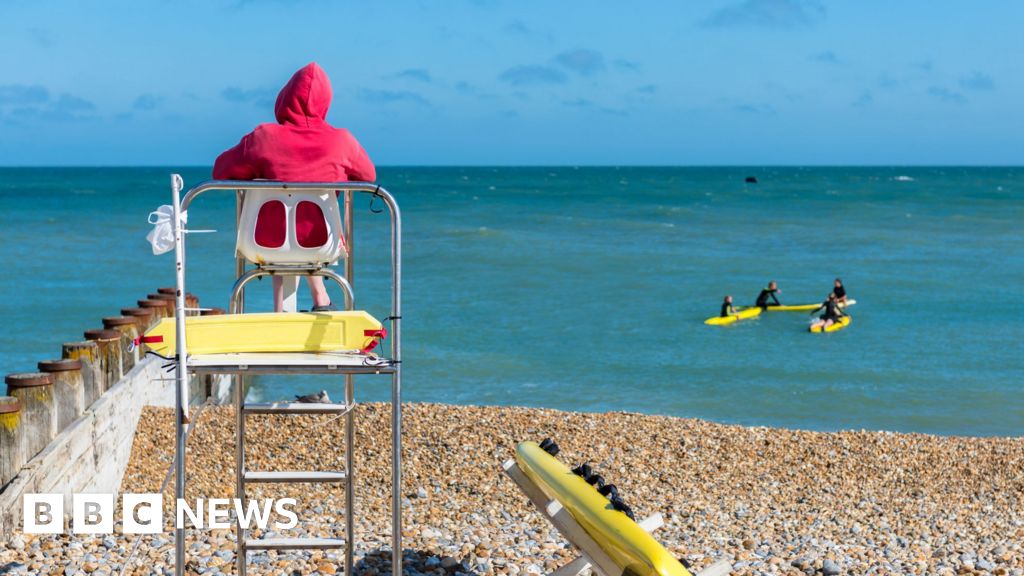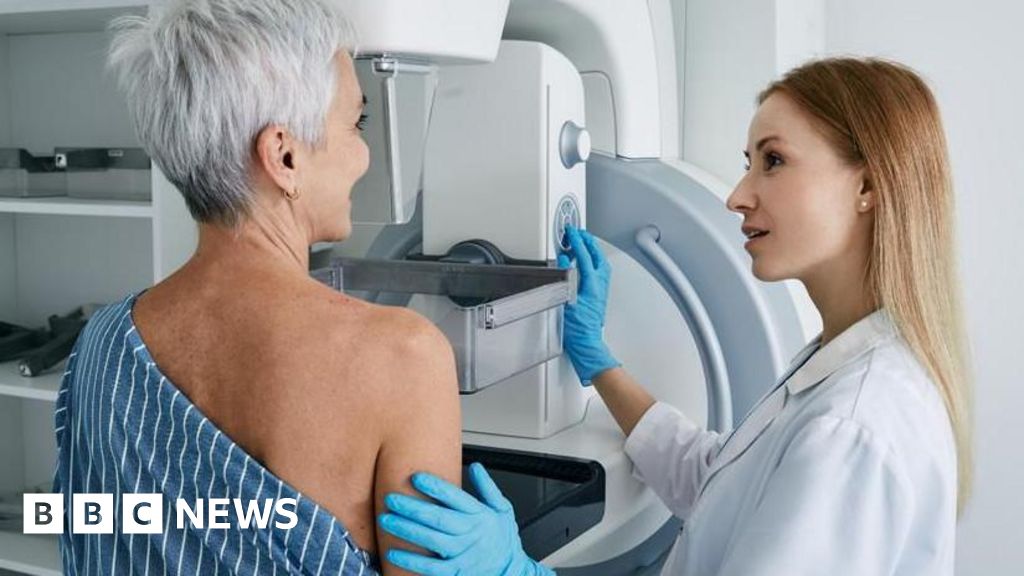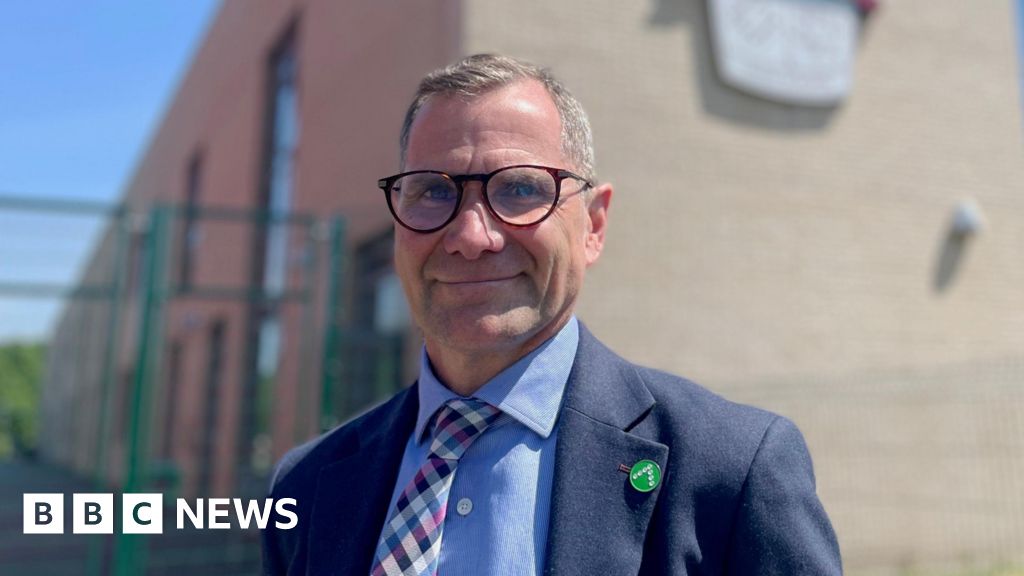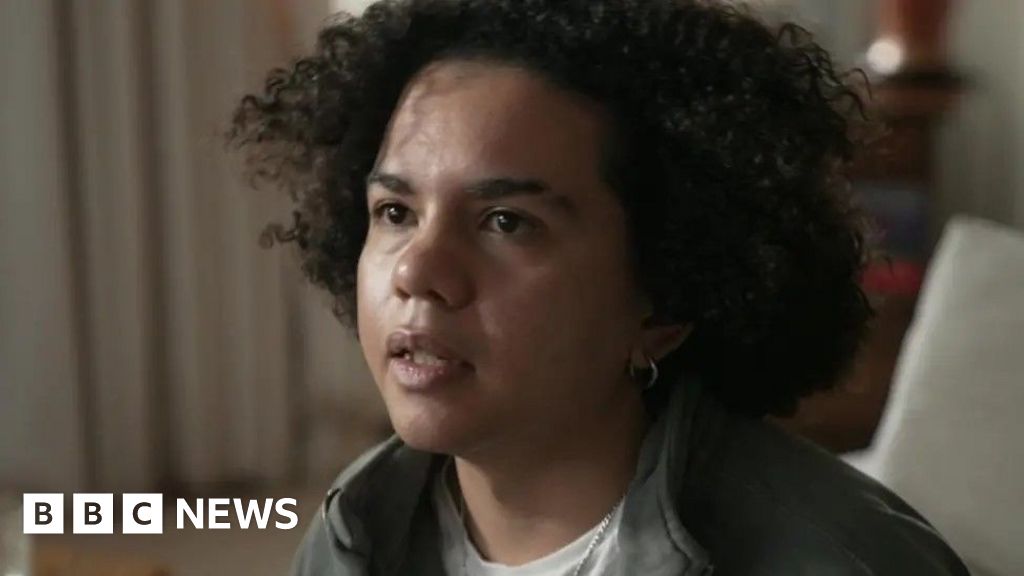The plea for a change in legislation regarding the involvement of trusted individuals in mental health patient care decisions has been intensified by the grieving parents of Bronwen Morgan, a young nursing student who tragically took her own life. Bronwen, diagnosed with a personality disorder, was found unresponsive at a Cardiff hotel in 2020. Her parents, Jayne and Haydn, are advocating for a shift towards shared decision-making to be enforced by law to ensure patients receive adequate support.
Hailing from Cardiff University, Bronwen had been diagnosed with a borderline personality disorder in 2019. Leading up to her tragic passing, she expressed concerns about her care package to the Cardiff and Vale health board. Despite numerous attempts to end her life throughout the years, her parents noted that it was not surprising when she took that fateful step. They accentuated the importance of having a trusted individual present during care reviews to provide a more accurate and honest representation of the patient’s condition.
The notion of shared decision-making becoming a legal requirement is aimed at providing a more comprehensive understanding of the patient’s situation by involving a trusted individual in the process. Mr. Morgan emphasized the significance of adhering to National Institute for Health and Care Excellence (NICE) guidelines to ensure patients receive the optimal care tailored to their needs. The Welsh government expressed its dedication to tailoring mental health care to individuals’ requirements, emphasizing the importance of transforming services to enhance patient safety and outcomes.
Acknowledging the devastating loss, the Welsh government reiterated its commitment to providing quality mental health support. Cardiff and Vale University Health Board echoed this sentiment, highlighting its initiative to improve family engagement as part of their strategy to enhance patient safety and outcomes. As efforts are being made to transform mental health services, the focus remains on delivering compassionate and effective care to individuals in need
Read the full article from The BBC here: Read More













